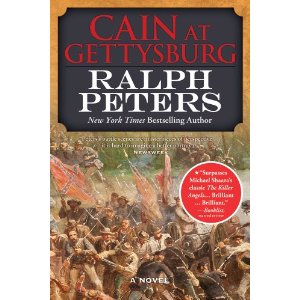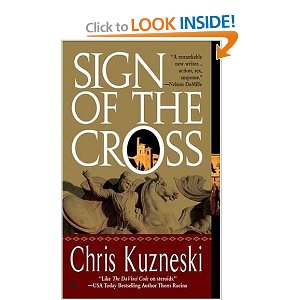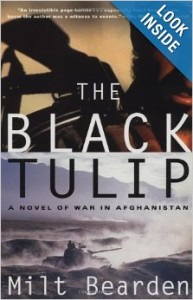
R. G. Abeles
4.0 out of 5 stars An Excellent FIrst Effort, Misses a Lot of the Crime and Complexity,March 21, 2012
I agreed to review this book, which was a gift. Normally I do not do non-fiction, but the topic of this book — the abject total corruption of our entire political system (from the two-party tyranny to the bloated corrupt government) is important to me, so I agreed.
As a first effort, it is a fine book, and certainly valuable as a “lite” telling of the American story of legalized crime and conspiracy. Unfortunately, it does not go nearly far enough, once again proving that non-fiction is much scarier than fiction. It's hard to get too excited about a fictional version when you have all lived through the real thing.
To the author's great credit, I learned things from this book–always my objective–and it is therefore more than fiction, it is a window into reality. The book ends with six questions for book clubs and overall is very well presented. I would have been more impressed if the author had listed some of the books below as sources–I get the feeling going through the book that the author drew more on Internet and media sources than on actual books. There are important observations throughout the book, not least of which is the fact that Obama gets away with things that a Republican white president would never get away with. He is the perfect house servant for the criminals that consider the USA to be their personal looting preserve.
Here is one fictional book I recommend to every American:
TYRANNICIDE (The Story of the Second American Revolution)
Here are non-fiction books (you can just read my summary reviews, and also explore at Phi Beta Iota the Public Intelligence Blog, among the 98 categories in which I read, many of them focused on the deep corruption that characterizes all organizations we rely on:
Continue reading “Review (FIction): Admit the Horse – Novel Based on 2008 Race”










